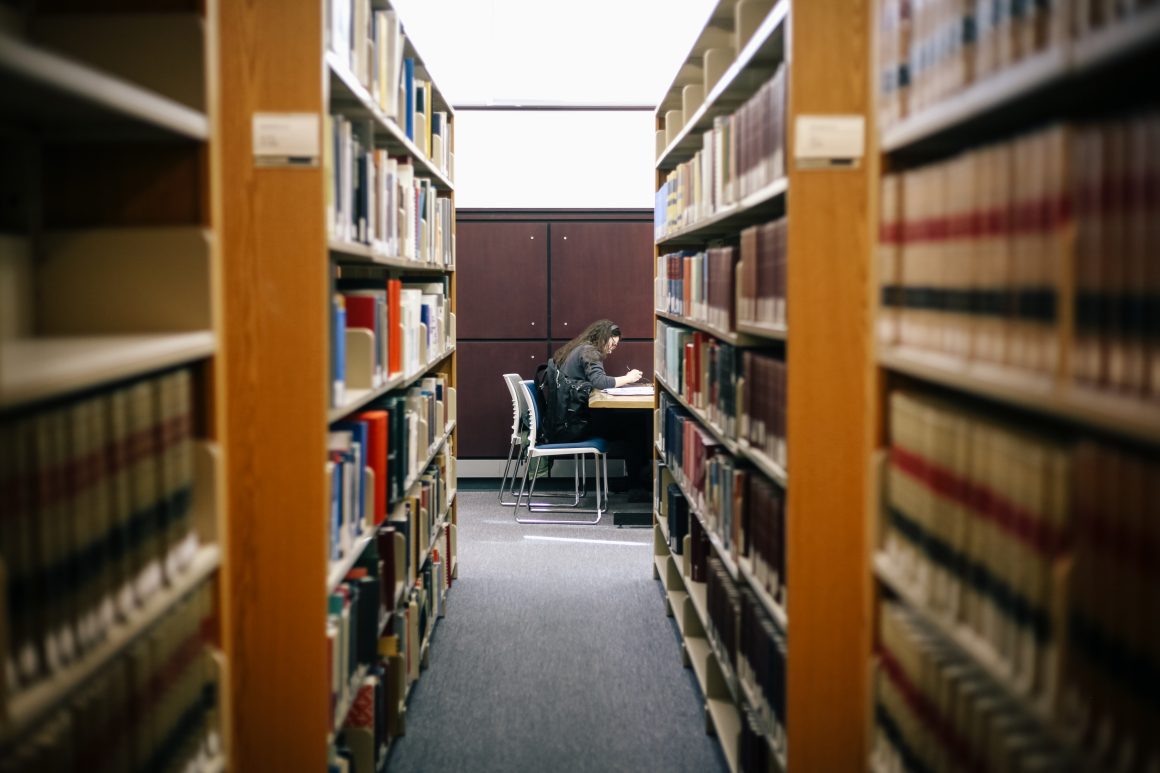
What Fall 2020 will look like: Classes, exams, residence, research projects and more
By Nikayla Goddard, July 21 2020—
Many students have been questioning how online courses are going to look for Fall 2020 after the announcement that the University of Calgary would be doing a combination of face-to-face and remote learning. The university aims to have approximately 30 per cent of the student population on campus at any one time, with priority given to small classes and experiential learning opportunities such as labs, tutorials and seminars, with the rest taking place online.
Questions about what online delivery would look like, particularly exams, were answered in a recent email from UCalgary, along with guidelines on UCalgary’s COVID-19 website on return-to-campus guidelines that are being instigated now and will likely continue into the fall.
Students should be able to see whether their courses are online or in-person when registering for courses, under the Location details, or in their registered courses in their Course Schedule in their MyUofC Student Center. For courses that are entirely online, tests and timed assessments will be completed entirely online as well. Assessment for blended courses (components online and in person) will be completed in the “modality they are offered,” which means in-person course components can offer in-person assessments, and same for online components. Students with entirely online classrooms have no obligation to be in Calgary, but must have a working device with a microphone and camera that is able to connect to WiFi.
If students have in-person classes but have circumstances where they don’t feel comfortable coming onto campus, they will have to connect with their course instructor to arrange alternative means.
Assessments will be designed to be completed during the duration of the class time, but students will have the option to start the assessment at any time within a 24-hour period, and an additional time extension of 50 per cent of the assessment duration will be allowed. All details, including time, location, modality and technology needed for assessments will be clearly articulated on course outlines. If there is a final for the course, it will be an in-person exam for fully in-person classes, and otherwise for online or blended class will be entirely online.
A variety of campus services are still being offered online, including being able to order your books from the bookstore online and services from the Student Wellness Services, Student Accessibility Services and the Student Success Centre. A decision has not yet been made on if computer labs or library services will be available for in-person use on campus. The UPass is also not available through the university, so a pass will need to be purchased through Calgary Transit separately.
Residence will be open in Fall and Winter 2020, and residence offers can be deferred for Fall students until the Winter semester.
Newly incoming undergraduate students may request a deferral of admission if they have exceptional circumstances that prevent them from starting their studies in Fall 2020. Deferrals may be considered for Winter 2021 or Fall 2021 depending on the program of study. Due to the limited number of spaces available each year, deferrals of admission can only be supported for exceptional cases as it reduces the number of seats available for the next intake.
Tuition will remain unchanged for online courses.
Students who intend to be on campus for research or special projects, for selected research, scholarship or creative work to continue on-campus or in the field or community, the activities must be registered and approved by the Office of the Vice-President (Research). They must meet the criteria of students or postdoctoral scholars who must conduct time-sensitive activities required to advance their program, on-campus activities with time-sensitive components where a research program might be negatively compromised if the program is further suspended, or activities where data are collected in the field or in the community with time-sensitive components, where a research program might be negatively compromised if the program is further suspended.
